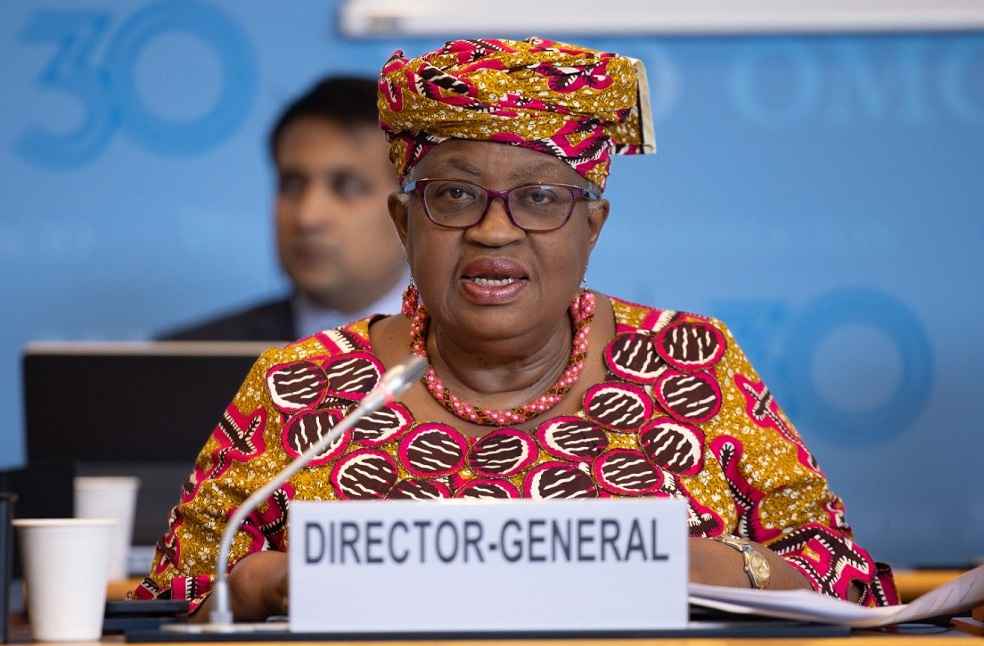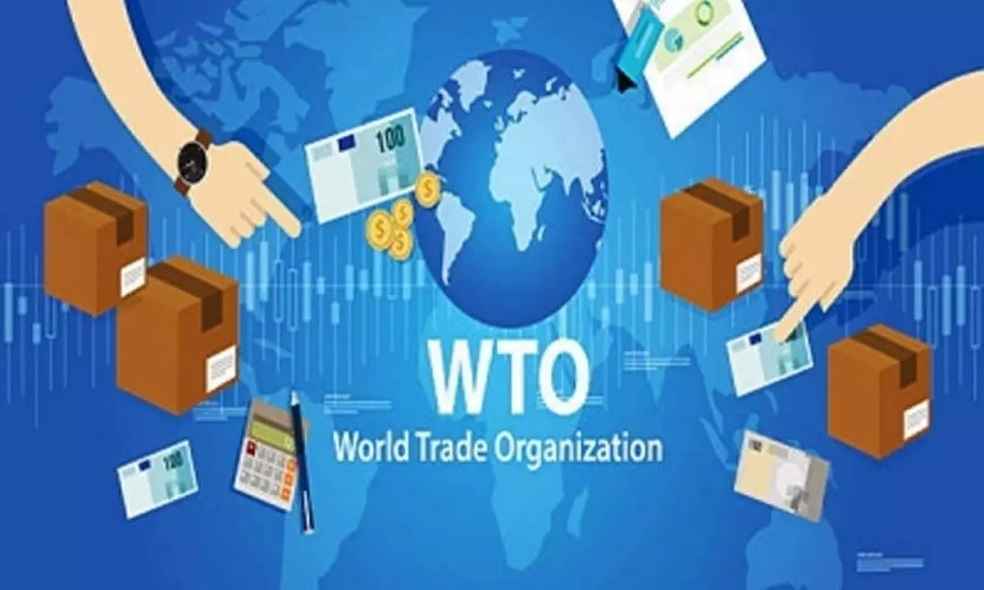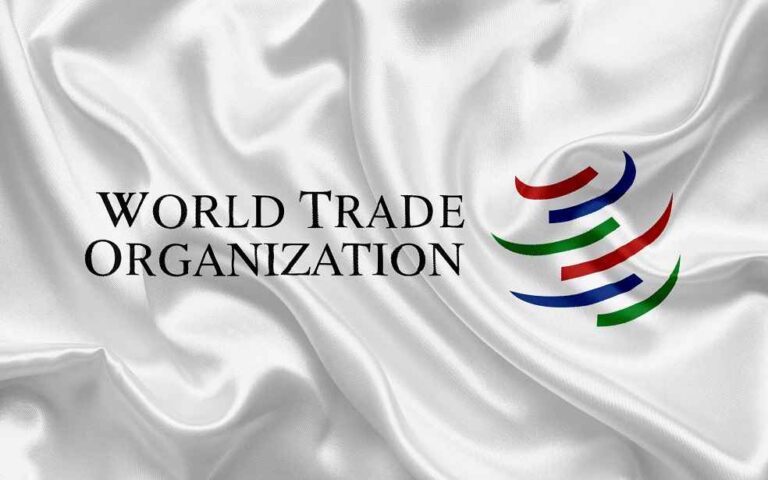Global trade has reduced income gaps between nations and fostered shared prosperity over the past three decades, according to the World Trade Organisation (WTO). In its 2024 World Trade Report, the WTO highlights that multinational enterprises (MNEs) have driven export diversification and economic growth in developing nations, including Malaysia.
The report mentions Costa Rica, Malaysia, Morocco, and Vietnam as examples of economies where MNE investment has shifted production from low-skill to higher-value goods. Foreign-owned companies have also boosted local economies by improving the productivity of local buyers and suppliers.
Digital infrastructure development has been supported by international trade in technology goods and services. The WTO’s Information Technology Agreement (ITA) and its expansion have eliminated tariffs on essential tech products, key to building digital infrastructure.

Countries like Malaysia, Colombia, Costa Rica, and Peru, all ITA participants, have some of the most affordable internet access globally. Opening service trade can also enhance the affordability of telecommunication services.
WTO Director-General Ngozi Okonjo-Iweala responded to criticisms about trade’s impact on poverty and inequality, stating that trade has reduced poverty and boosted prosperity. However, she acknowledged the need for improvements to better support economies and individuals left behind by globalisation.
The report highlights a link between high trade participation and narrowing income disparities. Between 1996 and 2021, countries with higher trade activity, particularly low- and middle-income nations, saw faster economic growth.

WTO membership has increased trade by an average of 140%, and countries undergoing WTO accession tend to grow faster during the process. The report found a weak link between trade openness and income inequality within countries, dispelling misconceptions about trade and inequality.
However, some regions, particularly in Africa, Latin America, and the Middle East, still face challenges due to limited trade participation and dependence on commodities. These areas represent 13% of the global population and have seen slower growth.
The WTO calls for global efforts to reduce trade costs, bridge the digital divide, and update trade rules to account for growing sectors like digital services and green technologies. Greater international cooperation is needed to tackle emerging challenges in global trade.
BUSINESS GENERAL | Vietnam Plans Global Trade Hub to Boost Textile and Footwear Self-Reliance



